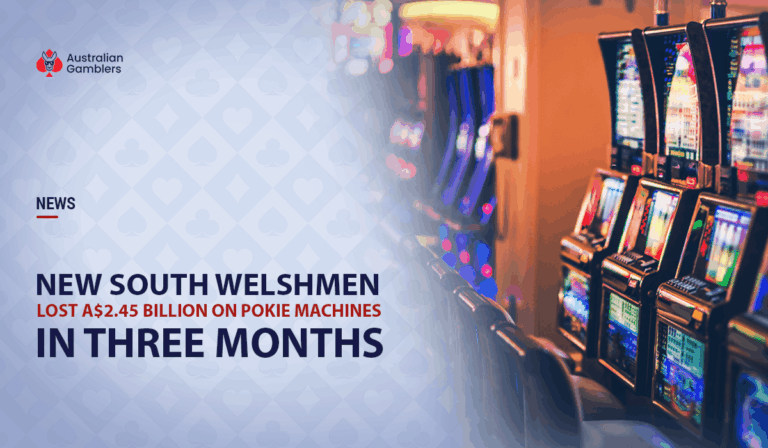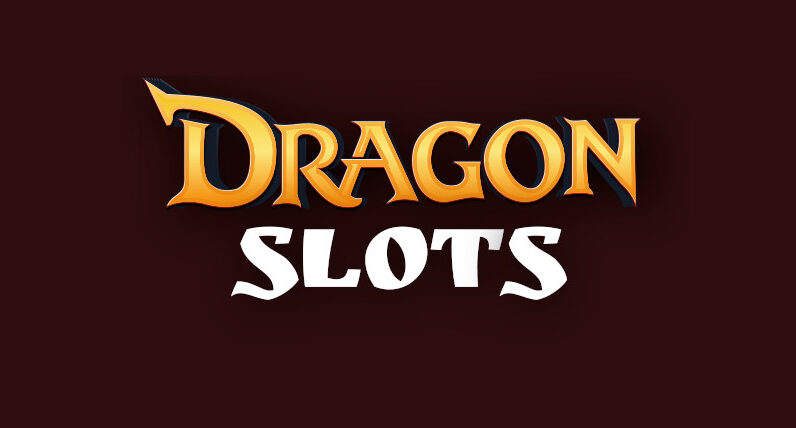
Gambling Participation Hits 65% in 2024, Heats Up Ad Ban Debate
A 2024 pilot survey that was conducted by the Australian Gambling Research Centre (AGRC) in partnership with the Australian Institute of Family Studies (AIFS) showed that out of 3,881 Australian adults, 65.1% reported that they had gambled at least once in the previous month. What’s worrying is that the number is up from 56.9% in 2019, showing a clear uptick in participation.
The National Gambling Prevalence Study Pilot 2024 surveyed 3,881 Australian adults between August and October 2024 and found that 65.1% of respondents had gambled at least once in the previous 12 months.
The debate over advertising bans, pokies reform, and the threat of offshore betting platforms taking in more players than locally licensed operators has already been ongoing, so this new data is only set to fuel it even more.
The Ad Ban & Risk of Offshore Sites
The report comes at a tense moment in Australia’s gambling policy debate. Some campaigners are calling for an outright ban on gambling ads. Others, including operators and some government voices, including PM Anthony Albanese, warn that too aggressive a ban against gambling adds could backfire and push players toward unregulated offshore platforms instead.
Critics say that if Australian betting companies are silenced by ad bans, offshore operators will continue to dominate the market with aggressive promos and no regulatory limits.
As of March 30, 2025, betting companies have been banned from showing gambling ads during live sports between 5 AM and 8:30 PM, with an added ad ban stretching from five minutes before the game starts until five minutes after the match ends.
Alongside ad bans, the federal government has introduced BetStop, the national self-exclusion register, and banned credit card use for online wagering (following similar measures by other major jurisdictions like the UK Gambling Commission). The government hopes that these moves will give casino players and sports punters more tools to control their gambling.
Even so, anti-gambling campaigners insist that advertising is still too visible and want a full ban. The industry agrees with PM Albanese and warns that this would tip the balance in favour of offshore operators who are not bound by Australian law.
Pokies Drive Most of the Harm
While a lot of attention is on betting ads, industry insiders agree that pokies remain the biggest source of gambling damage. The study showed that lotteries are the most common form of gambling, followed by scratch tickets, poker machines, racing, and sports betting; however, it’s pokies that do the most harm.
With around 200,000 machines scattered across pubs and clubs around the country, pokies are deeply entrenched in Australian culture. Government sources have privately acknowledged that pokies represent a bigger challenge politically and socially than betting ads. However, that also makes them politically difficult to reform.
According to lead researcher Dr Gabriel Tillman, high-risk gamblers were far more likely to report pokies use than, say, lotteries or scratch tickets, so poker machines at pubs and bars remain the most damaging form of gambling in Australia. His team also found strong links between pokies and negative outcomes such as debt, stress, poor mental health, and family problems.
Regional Differences in Gambling
The survey also showed gambling participation across states, and there are some notable regional differences. Queensland recorded the highest rate at 70.2%, followed closely by Western Australia (69.6%) and South Australia (67.9%). New South Wales sat at 63.9%, while Victoria and Tasmania were closer to 60%.
Across all states, pokies were consistently associated with the highest levels of harm, reinforcing the national picture. There’s a clear mismatch here: the loudest political arguments are about betting ads, but the data shows the true problem is pubs and bars, not TV ads.
What Happens Next
The AGRC report makes clear that gambling is rising and more Australians are being harmed. The data shows that poker machines are the single biggest driver of damage, yet they remain the hardest to regulate because of their political and economic weight.
Parliament is expected to revisit gambling reform later this year, and while partial tightening of betting ad rules is likely, the real challenge, tackling the bar and pub poker machine problem, may prove harder.
For now, the numbers speak for themselves: two-thirds of adults gambled in 2024, and pokies remain the elephant in the room.
Latest Articles
- https://responsiblewagering.com.au/
- https://www.gamblinghelponline.org.au/
- https://gamblershelp.com.au/get-help/

 Martha Calley
Martha Calley  Matthew Scott
Matthew Scott 

